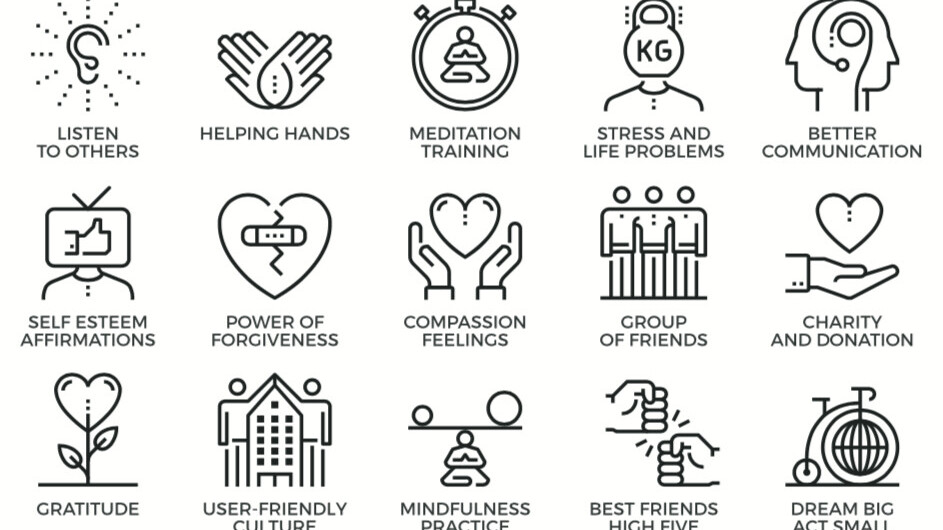
Everybody wants to make a difference, and if no one tried, the world would be a lot worse for the wear. Luckily, most people make an effort to exact change on whatever level they can and work toward making the world a better place.
Individuals aren’t the only ones working towards change, of course. Businesses as a whole are beginning to implement programs through which they give back to their community, donate to those in need, work on preserving the environment, and so much more.
What’s fueling this movement toward more socially conscious business? There are a lot of reasons it’s important for your business to be socially conscious (moral obligations aside), and these factors are behind the influx of socially responsible business models we are seeing today.
One factor is the up-and-coming generations. Millennials are a large part of the workforce and, with social responsibility at the top of their list of important things, they are driving businesses to become more socially responsible, not only as consumers but as employees as well. Gen Z is also comprised of socially conscious consumers, and as these younger generations’ buying power steadily increases, we see a corresponding rise in business’ responsiveness to these demands.
Despite the increasing focus on social consciousness and responsibility in business, though, we’re still a long way from where we should be. There are a number of reasons a business might resist implementing a social consciousness policy and plan of action, but in my experience, some of the main reasons are the cost, the time, and the lack of a sincere desire to do so.
There are a lot of benefits to being socially responsible as a business. All Season Solar, for example, is one company that is not only providing solar energy options and helping the environment but also looks to using solar energy to help create American jobs. These trade opportunities are high-quality, well-paying jobs that mean something for the good of the world. And such examples of social consciousness don’t just benefit the environment and community; while the purpose of social consciousness is to help make a difference, there are also important benefits businesses themselves receive.
One of the biggest benefits to businesses is loyal employees. Like I said, Millennials have social good at the top of their list when it comes to purchasing and employment, and when they find a company to work for that puts social responsibility high on the list of important things too, they feel a sense of satisfaction. Satisfied employees stick around, reducing costly turnover and training.
What drives you? What is one of the biggest reasons you started your business? For me, one of the biggest motivations is making a difference. While I understand one person may not be able to save the world, I still work to make a difference in my industry, for my clients, and for my employees’ lives; my guess is that you do the same.
Just like you, your employees want to feel they’re making a difference, and they want to contribute to a greater cause. Having a social consciousness program can help them do just that, giving them a greater sense of belonging and a deeper sense of purpose at work.
Not only does social consciousness make your employees happy, but it also makes investors happy, too. With an increased focus on social consciousness and responsibility coming from consumers, investors are taking that into consideration when looking into a company in which they’re considering investing. If your business model finds a way to give back, sources materials ethically, or can find ways to “go green” in your operations, investors will take notice.
As a consumer, I know I am willing to pay slightly more for products that come from companies that are socially conscious. If it were between regular coffee and fair-trade coffee that tasted just as good but was priced higher, I would still choose the coffee that is fair-trade. Fortunately, I’m not alone in making those kinds of purchasing choices; more and more, consumers are leveraging their collective buying power to demand social good.
From an investment standpoint, it would be worth your time and money to invest in a company with a social consciousness and responsibility program. It’s not because it makes you feel all warm and fuzzy inside (that’s a bonus); it’s because consumers prefer to financially support socially conscious companies over competitors with no program in place.
Speaking of competition – social responsibility is a great way for a business to set itself apart from its competitors. Since not all companies have adopted a social consciousness policy, especially in certain industries, a social good policy is a great way to stand out and attract a new customer base.
Toms is a great example; they donate a pair of shoes to a child in need every time a pair of shoes is purchased. Toms’ policy not only acts on social consciousness, but it also sets them apart from their competition and makes for some great marketing campaigns. There aren’t many other popular shoe brands that have such a socially responsible policy, and the brand has skyrocketed to success because customers feel like they are doing good even as they do what they would have done anyway — buy themselves a new pair of shoes.
Social consciousness is important to a business not only because of the benefits for society but also the benefits to the business itself. From creating American jobs to giving shoes to those in need, social consciousness can really make a difference, and from loyal employees to more interested investors, it can greatly benefit the business as well.
What socially conscious efforts does your business make? What are the benefits you’ve seen?
Get the TNW newsletter
Get the most important tech news in your inbox each week.




